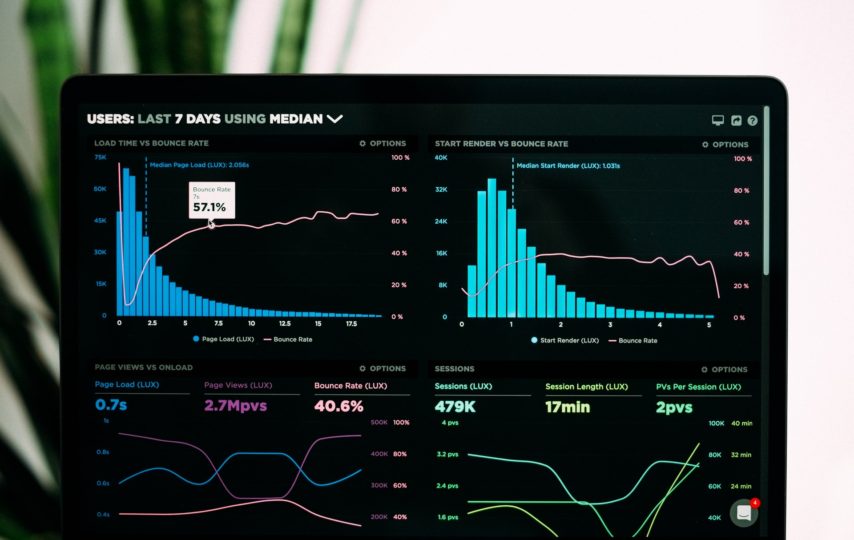Big Data refers to complicated and large data sets. It needs to be processed and analyzed to unleash valuable insights that can benefit businesses and organizations.
Why Is Big Data Important?
Big data helps businesses in many ways such as;
- Using big data intelligence to make smart decisions
- early recognition of business operational risk
- Deliver enhanced customer services
- Improve efficiency and productivity
Briefly, the insights are constructive for the organization. If a company opts for big data application development, it can produce enormous benefits for the firm.
But, while working on big data development, it is imperative to choose the most appropriate framework.
Frameworks are toolset to curate innovative big data solutions. This article focuses on the top big data frameworks in demand in 2020.
Apache Storm
It is another leading solution, converged on working with a large real-time data flow. The critical characteristics of Storm are scalability and quick restoring potency after downtime.
In addition, Apache Storm also has a data processor, and topology, a package of components with the information of their interrelation. When consolidated, all these components help developers to manage large streams of unstructured data.
Hive
Apache Hive is a data repository system for data abstraction and analysis and for the querying of large data systems. The hive was designed by Facebook to consolidate the scalability of one of the most popular big data frameworks.
It transforms SQL-requests into chains of MapReduce tasks. Further, Hive big data framework has machine-learning abilities. It is compatible to integrate with other popular big data frameworks.
Flink
Flink is a perfect fit for designing event-driven apps. It is easier to determine checkpoints on it to save progress in case of breakdown during processing. Flink also has better connectivity with a modern data visualization tool, Zeppelin.
This framework is an exceptional choice for simplifying an architecture where streaming and batch processing is needed. Besides, it can extract timestamps from the data to create a more realistic time estimation and better framing of streamed data analysis. Also, it has machine learning implementation capability.
Kudu
It is an exciting new storage component. Kudu’s big data framework is recommended to simplify some complex pipelines in the Hadoop ecosystem. It is an SQL-like solution, designed for a combination of random and sequential reads and writes.
Currently, it is used for market data fraud detection on Wall Street. It turned out to be uniquely suited to manage streams of various data with frequent updates. It is also transcendent for real-time ad analytics, as it is plenty fast and provides superior data availability.
Hadoop
This big data framework is excellent for secure, scalable, disseminated calculations. But, it is also used for common-purpose file storage. It can save and process petabytes of data. Hadoop employs an intermediary zone between an interactive database and data storage.
Hadoop’s performance evolves according to the development of the data storage space. To expand it further, you can combine new nodes to the data storage.
Samza
Samza aims at designing Kappa architecture (a stream processing pipeline only). But, it can be used for other architectures too. It uses YARN to arrange resources and is a stateful stream processing framework.
Besides, this big data processing framework was produced for Linkedin. eBay and TripAdvisor use this framework for fraud detection. In short, Samza is an imposing tool that is great at what it is intended for.
Heron
It is one of the modern big data processing frameworks. Twitter created it as a futuristic replacement for Storm. In general, Heron is used for real-time spam detection, ETL tasks, and trend analytics.
This framework’s design goals incorporate low latency, predictable scalability, and simple administration. Hence, developers put great importance on the process isolation, for easy debugging and stable resource usage management.
With the expansion of technology, the new frameworks will be introduced. Else, the existing one will be updated as per the demands. However, as big data solves many complex issues, companies are leaning towards it. They are looking for the most proficient big data development company for better results.
Final Thoughts
All in all, the frameworks mentioned above have their characteristics for big data processing. They are ruling in 2020 for big data application development. Depending upon the nature of your business or requirements, the developers will use the most appropriate framework.
The big data software market is unquestionably a competitive area. There is no scarcity of unique and exciting products or innovative features.
What big data solution does your company use?
Opt for a flexible approach and employ a wide variety of different data technologies. Also, consider a tailored approach for the optimal big data development services.








